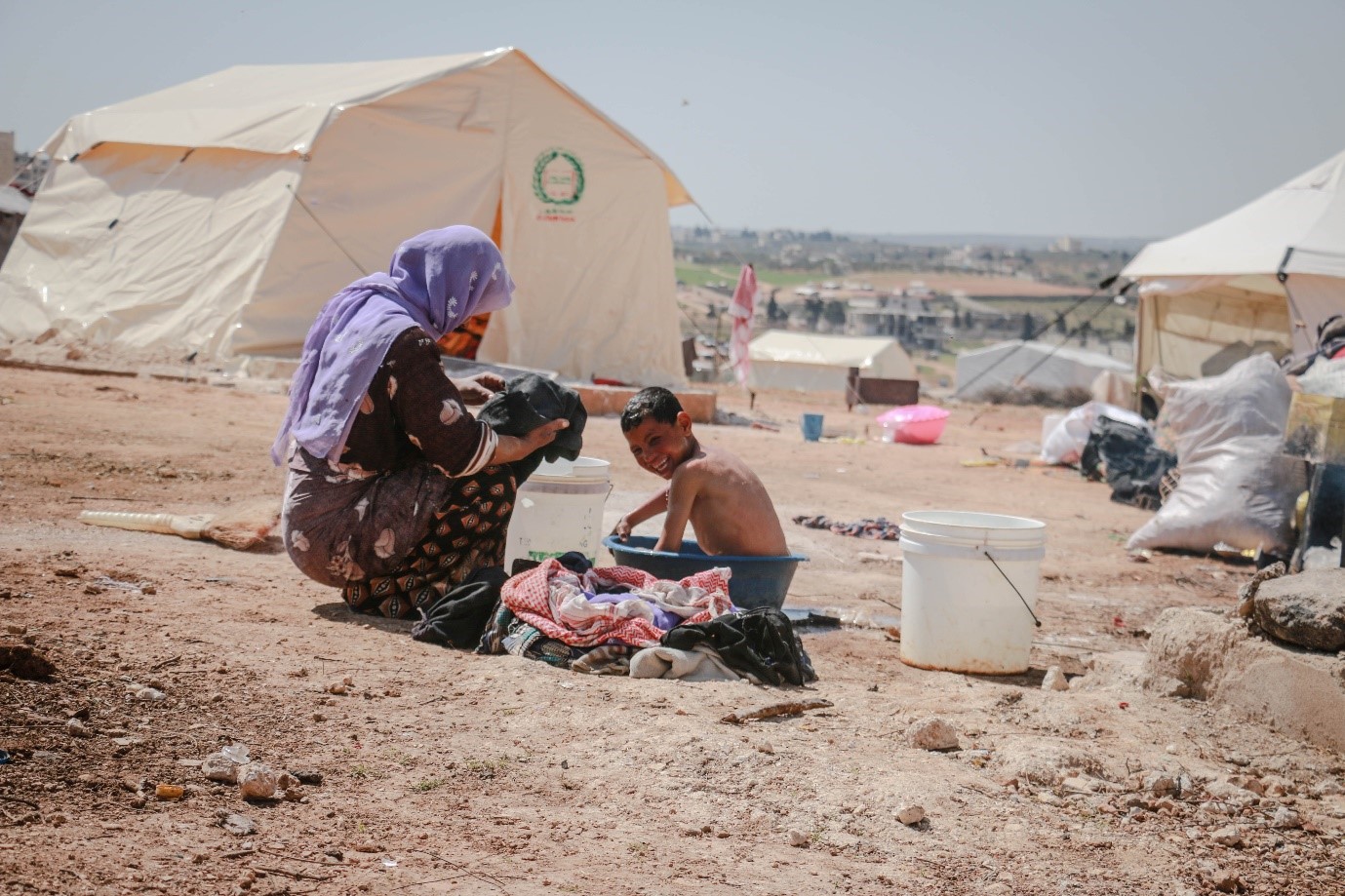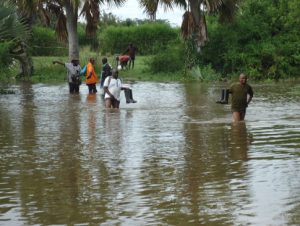With the announcement regarding the closure of refugee camps in Kenya next year, many Somali refugees must choose to either go back to Somalia or remain in Kenya illegally, without legal rights or assistance. These Somali refugees have been trapped in the refugee camps for three decades and with the imminent closure of the camps, they face dwindling humanitarian aid and lesser options for leading dignified and safe lives. With no opportunity of securing work in Kenya, refugees will be thrust into the informal market in order to sustain themselves, hence exposing themselves to exploitation and abuse. This would be a massive failure of international refugee protection.
As we near the deadline to close refugee camps in Kenya, Médecins Sans Frontières (MSF) warns that urgency is mounting to seek sustainable solutions for Dadaab camp refugees, who risk deprivation of the little aid they currently receive. Dana Krause, MSF head of mission in Kenya, says that the scheduled closure of the refugee camps in June 2022 should be a chance to speed up the process of seeking lasting solutions for refugees. In a new report, MSF urges Kenya and its international partners to fulfill the commitments of the 2018 Global Compact on Refugees by letting Somali refugees integrate into the Kenyan society or to be resettled abroad.
Kenya now has to decide: to let refugees slide further into instability, or to advocate for their rights by giving them the chance to move freely, study, and work. The report discloses that over the last three years, the number of refugees voluntarily returning to Somalia from Kenya has fallen dramatically– from over 7,500 in 2018 to less than 200 in 2020, according to UNHCR. This decline in returns clashes with displacement, rising violence, and drought in Somalia. Meanwhile, offers of resettlement from rich countries have largely dwindled, leaving refugees with no alternative but to stay in Kenya, with limited rights. Dadaab camp refugees are currently not allowed to work, travel, or study outside the camps.
The recent signing into law of Kenya’s refugee bill could offer the opportunity for greater refugee integration within the country, but this depends on its broad implementation to include all refugees, including Somalis. Krause further states that donor countries must share responsibility by ramping up development aid to Kenya to ensure refugees get access to public services. The plan to close the refugee camps has already led to a rapid decrease of humanitarian assistance, with the World Food Programme cautioning in September that if more funding does not arrive, it may be forced to stop the distribution of food rations once and for all by the end of this year.
Jeroen Matthys, MSF’s project coordinator in Dagahaley which is one of the three Dadaab camps, says that the biggest fear about closing the camps without giving solutions to refugees is that it could lead to a humanitarian disaster. It is crucial that refugees have access to uninterrupted humanitarian aid throughout the process of camp closure and until they are certain about their future and can rely on themselves. Krause further says that even as developed countries have defied refugee rights, Kenya has for years been generous in hosting hundreds of thousands of refugees. As we mark the Refugee Convention’s 70th anniversary this year, Kenya should take this opportunity to seek lasting solutions that put the interests of refugees first. For more on the situation at Dadaab, subscribe to our daily newsletter.







